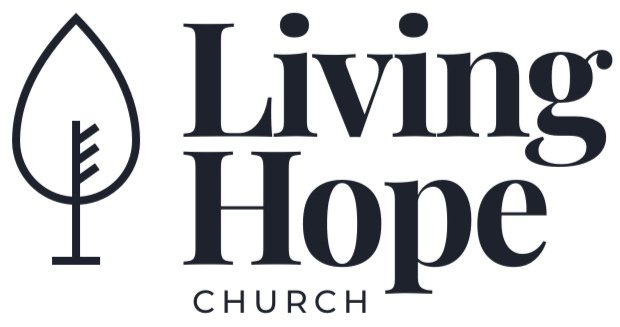He is risen! He is risen indeed!
Those are words that the believer can rightly speak every day, every moment of his or her life. This truth is not something we remember only one Sunday a year, but every day of the year. It is part of what the church has confessed from the earliest time: “…the third day he rose again from the dead…” (The Apostles’ Creed) and “…the third day he rose again, according to the Scriptures” (The Nicene Creed). We confess this truth because it is the bedrock of our faith. If there were no resurrection we would all be fools and we would still be in our sins (1 Corinthians 15:17-19). [Remember to watch the final video in the series from Crossway]
But the truth is Christ has risen from the dead! The work of redemption was not only finished, but proven true in this glorious display of the power of God. Christ redeemed sinners from the curse of the law. That is something we must all grasp. And when we do it makes the truth so much more powerful.
I remember going to the Together for the Gospel conference in 2008. And there R.C. Sproul spoke on Galatians 3:10-14, and it may be one of the more powerful and faithful expositions of Scripture I have ever heard. I miss this man. He has had a tremendous influence on me and I would encourage you to take the hour and watch the message below. It will deepen your appreciation for the work of Christ on your behalf. Listen and let it lead you to deeper worship of our risen and reigning Savior!
10 For all who rely on works of the law are under a curse; for it is written, “Cursed be everyone who does not abide by all things written in the Book of the Law, and do them.” 11 Now it is evident that no one is justified before God by the law, for “The righteous shall live by faith.” 12 But the law is not of faith, rather “The one who does them shall live by them.” 13 Christ redeemed us from the curse of the law by becoming a curse for us—for it is written, “Cursed is everyone who is hanged on a tree”— 14 so that in Christ Jesus the blessing of Abraham might come to the Gentiles, so that we might receive the promised Spirit through faith.
There are so many songs I could pick for this day, but this one has words that speak well to the reality and the joy of what Christ did for us: “The Power of the Cross.” But it must be paired with this song: “Christ is Risen, He is Risen Indeed.” When we speak today, there is no separation between the cross and the resurrection. They are the work of God on behalf of sinners like you and me, and praise God they are!!













